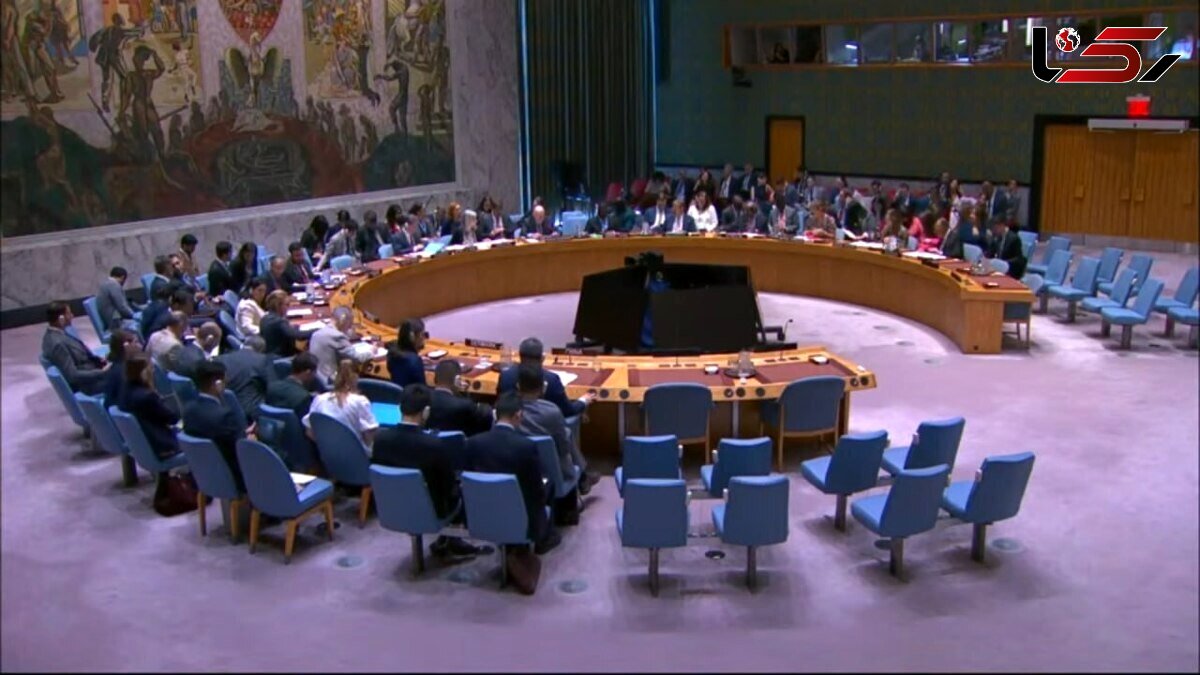After Security Council Vote Fails, Six Expired UN Resolutions Against Iran Set to Take Effect from September 27
Rokna Political Desk: The UN Security Council’s draft resolution to extend the lifting of sanctions on Iran failed to pass with nine votes against. If no agreement is reached within the coming week, six previously concluded Security Council resolutions against Iran will enter into effect from September 27.

According to Rokna, on Friday night (September 19), the draft resolution submitted by South Korea, the current President of the UN Security Council, aimed at canceling six Security Council resolutions against Iran that were concluded following the implementation of the 2015 nuclear deal, was not adopted. Four countries voted in favor, and two abstained.
On September 6, three European countries that are members of the JCPOA – Germany, France, and the United Kingdom – claiming Iran’s non-compliance with its nuclear commitments and lack of cooperation with the International Atomic Energy Agency (IAEA), sent a letter to the Security Council to activate the snapback mechanism and restore the UN resolutions against Iran that had been terminated under Resolution 2231 and the JCPOA. The six resolutions – 1696, 1737, 1747, 1803, 1835, and 1929 – will automatically come into effect after the 30-day period from the submission of the European letter, on September 27, if no diplomatic solution is achieved during this period. These resolutions generally include non-economic sanctions, such as arms embargoes.
Foreign Minister Abbas Araqchi previously stated: “In the economic domain, unilateral US sanctions far exceed the scope of Security Council sanctions. That is where our main challenge lies, and we are confronting it.”
Separately, Ismail Baqaei, spokesperson for the Iranian Foreign Ministry, told The Guardian: “No one can claim that we welcome the return of sanctions. We experienced this sanctions process from 2006 to 2010, and then from 2012 we worked to lift them. It took more than two years to get rid of those sanctions.”
The Security Council vote prompted a reaction from Amir Saeed Iravani, Iran’s ambassador and permanent representative to the UN, who described the Council’s action as rushed, unnecessary, and illegal, emphasizing that Iran does not recognize any obligation to implement it. He stated that the responsibility for these serious consequences rests directly with the United States and the three European countries.
Meanwhile, the Iranian Foreign Ministry issued a statement affirming that Iran reserves the right to respond appropriately to any illegal action.
If the snapback mechanism is implemented as scheduled, the recent agreement with the International Atomic Energy Agency, as explicitly confirmed by Abbas Araqchi, will no longer be considered valid.
Send Comments